For first-timers looking to get into Dungeons & Dragons, the super-popular tabletop game can be daunting. Setting up a group, meeting every week, playing the campaign, and learning D&D’s ins and outs make the game appear more complicated than it really is. With that in mind, we have compiled a simple to-do list for any first-timers (both players and Dungeon Masters) looking to give the role-playing game a try. Here is how to start a Dungeons & Dragons campaign that you and others can enjoy.
Set up the group

The first and most significant factor to consider when starting D&D is gathering a group and deciding when you will play. We highly recommend finding friends and close family to play with. These need to be people you can have a relaxed time with and easily get along with. Dungeons & Dragons is so much easier when you understand the people you play with. Of course, this should not totally push you away from playing with people you don’t know. Sometimes meeting new people can be fun. You can always build that connection and make a new friend in the process. Learning others’ tendencies can just take some getting used to, making the beginning of a campaign feel awkward. If you cannot make a group with people you know, there are always people looking for groups online.
Now that you have the people you are playing with, it is time to set expectations and meet-up times. Are people looking for a serious story or more light-hearted? Sometimes it can be challenging to get so many schedules to coincide with each other. Will you meet up weekly? Biweekly? What kind of campaign experience do you want? Role-playing centric, more battle heavy, or a happy medium? The sooner your group is all on the same page, the better the experience will be for everyone. We recommend having a meeting before you actually begin your campaign to ensure everyone is on the same page.
Players: pick abilities after setting your character’s background

For players, this won’t need too much in-depth explanation. Creating your character is handled in the player’s handbook and goes much more in-depth than we can regarding your specific class and race. Be sure to nail down what you want your characters to achieve and fill out their backstory in a more broad sense. What makes them tick? Do they have a goal in their life? How differently do they react to situations than you? If you figure these and other characteristics out before choosing your spells and abilities, you can build your character much easier. It’s much better to have at least a small plan rather than going into a campaign blind. Do not neglect to include your DM in on your ideas. The only way they can include critical points for your character in the world and story is if they know what your character is about. Communication is key.
Dungeon Master: choose or create a campaign

While the players are busy creating their characters, it is time for the Dungeon Master to decide the route ahead for them. There are two ways to go about this. First, you can choose a pre-built campaign. Over the years, tons of official and fan-made campaigns have been made, so be sure to explore and pick something relevant to your group’s wants and needs as early adventurers. We have compiled a list of the best D&D 5th Edition campaigns available to aid in this matter.
The second way to go about campaign management is building your own personalized story for your party. This will take more effort as you need to decide all factors and facets of the world, but it provides a truly unique story and is easier to tailor to your characters. It is up to the DM to put this level of effort into the campaign, but the work is worth it more often than not.
Players: Don’t be afraid to roll low on abilities

In most games, players always want to be perfect. We want to overcome every obstacle, like the heroes we are. However, Dungeons & Dragons is different. Perfect characters in a role-playing world are bland and boring. Anytime your DM asks you to roll a d20 for an ability check, do not be afraid to roll a one. In fact, ones can be the most exciting rolls in D&D because the outcome is always either funny or provides you a new obstacle to overcome. Yeah, 20s are great for showing your character at their best and creating memorable moments, but when you roll a critical fail, the real adventure is happening.
DM: Don’t be afraid to go against official rules

Some people tend to look at a rulebook in any game and consider it law. This can be disheartening to players looking to do something specific but are restricted from shoddy rules. An important thing to remember about D&D is that while there are many rules and multiple books and online sources to find them in, at the end of the day, this is your group’s story. Look at them more as guidelines than laws. If your party finds a rule, they disagree with, consult the DM. They will have the final say on what the rules are for your campaign. House rules help further customize the D&D experience to fit your party’s needs.
Be creative and have fun

At the end of the day, Dungeon & Dragons is a game and is meant to be fun. The best way to have fun is for players to be creative in approaching problems and the DM rewarding them for it. Not every situation needs to be solved with your weapons. Did you notice a ball nearby? Kick it away to distract an enemy or place it in front to trip them. Can you talk your way out of conflicts? Will stealth be a better way to approach the situation? This kind of thinking also extends to your abilities. While there may be a spell that jumps to your mind in a situation, maybe explore your other options to keep things interesting. You could even team up with another character and combine your powers. Push the boundaries of the D&D guidelines and how your group interprets the world.

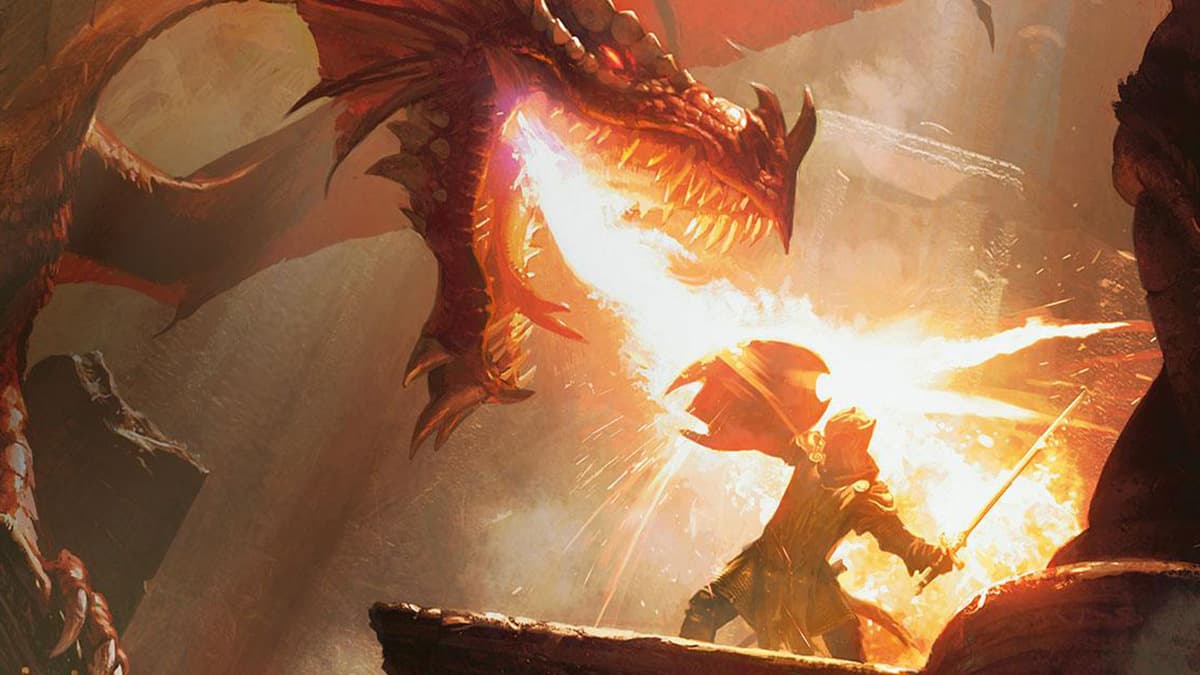

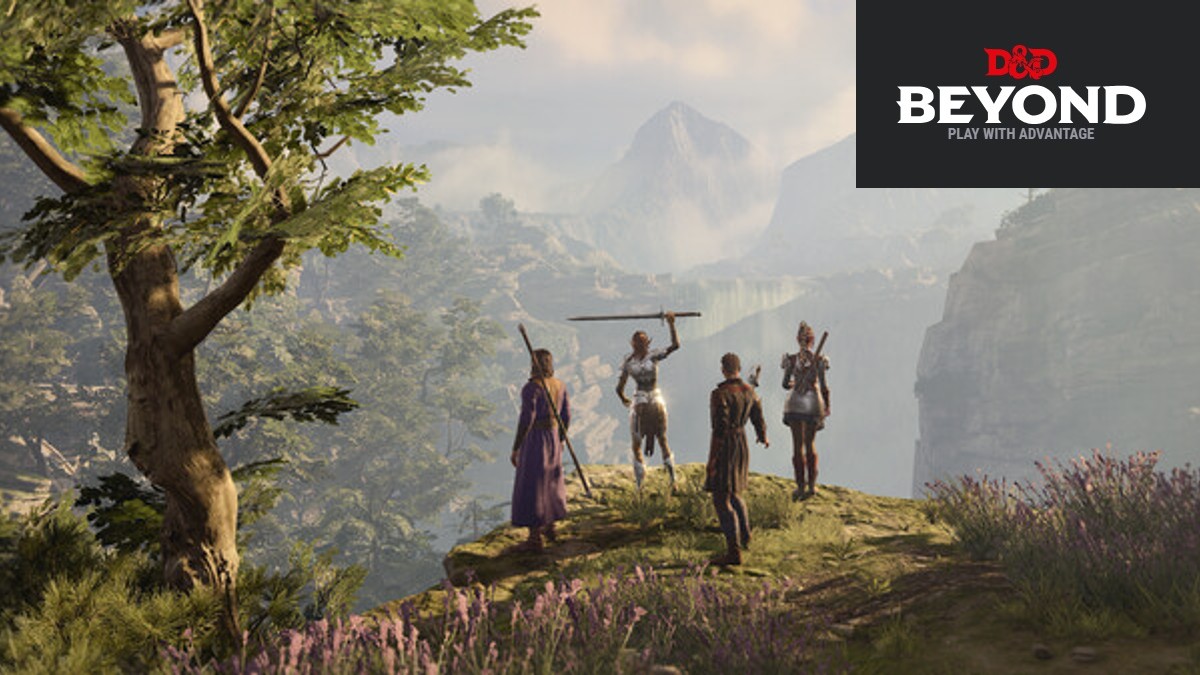
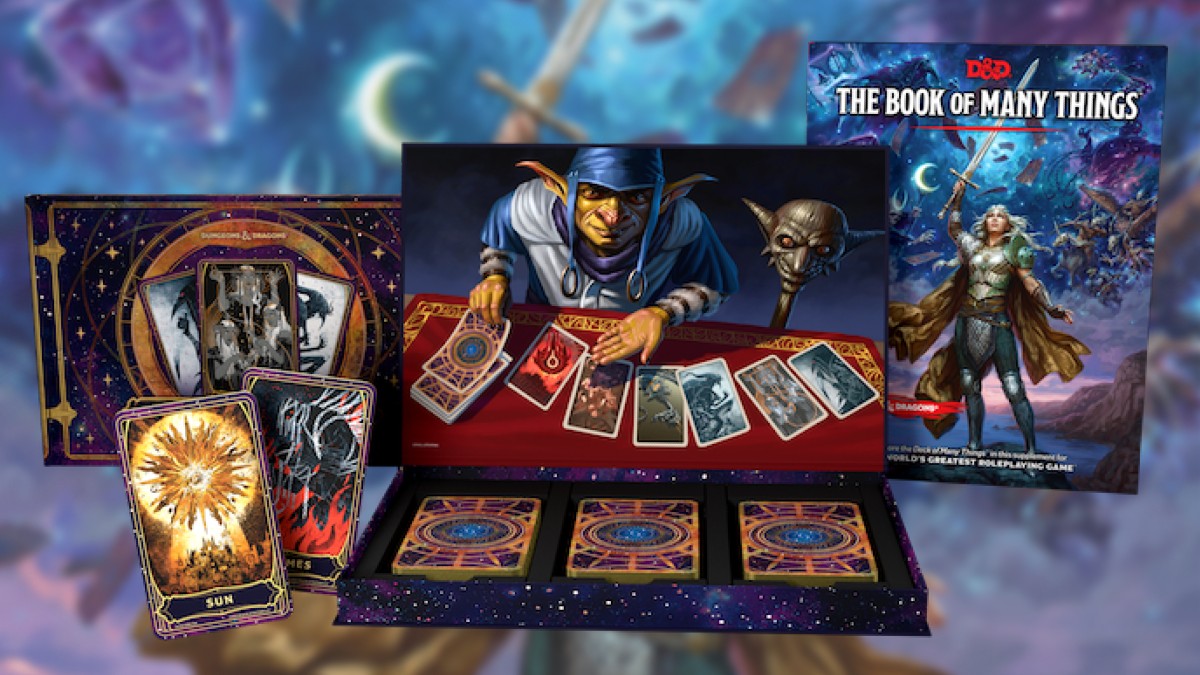
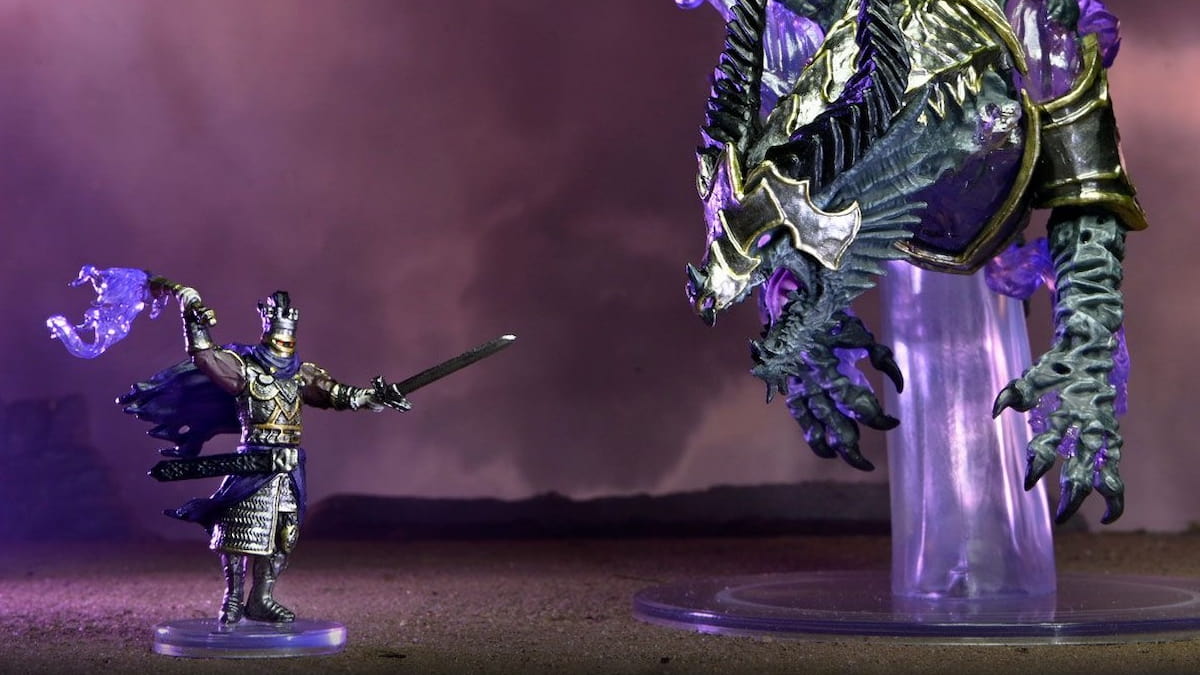
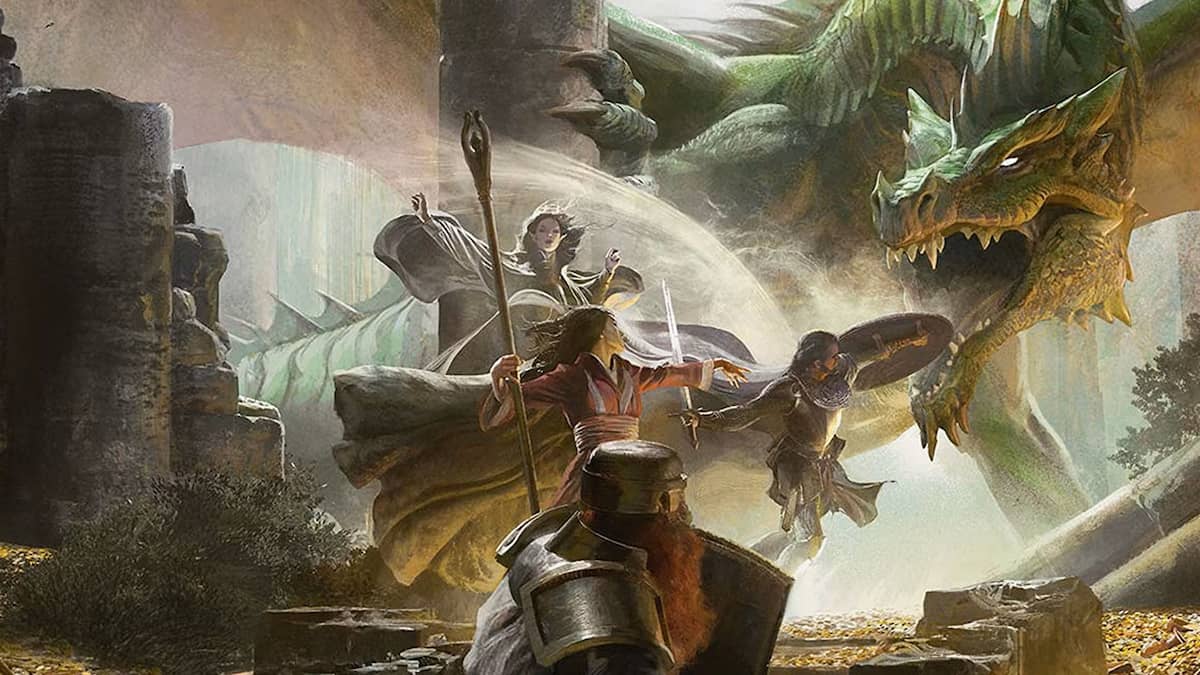
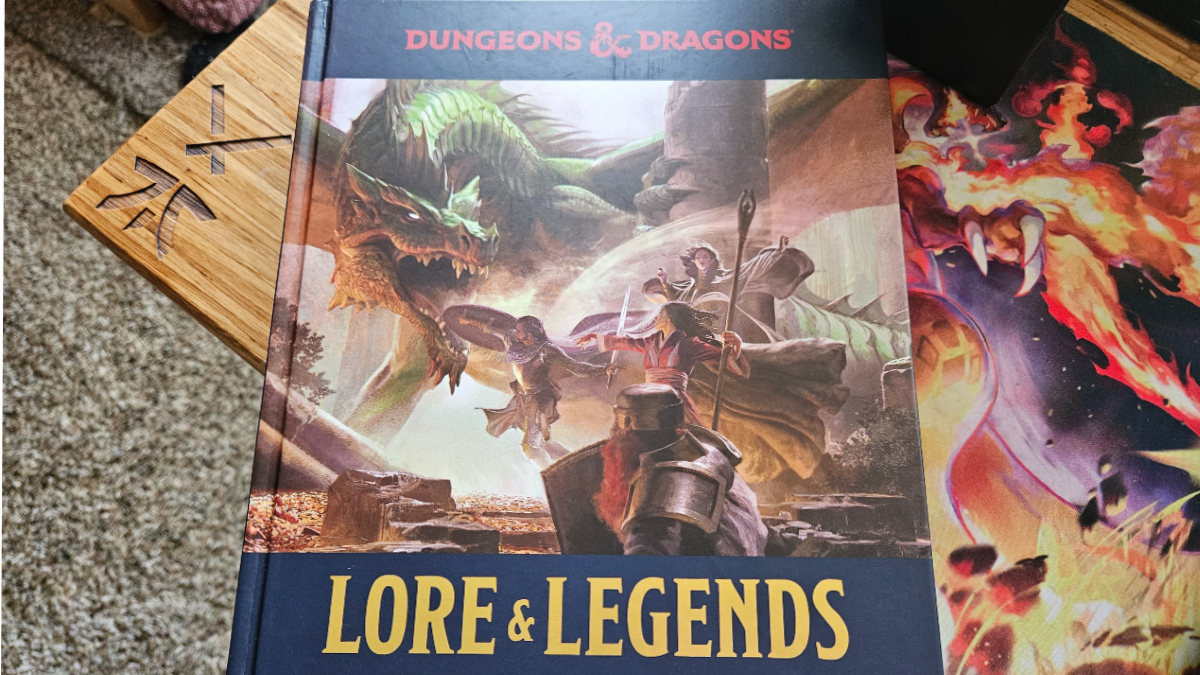
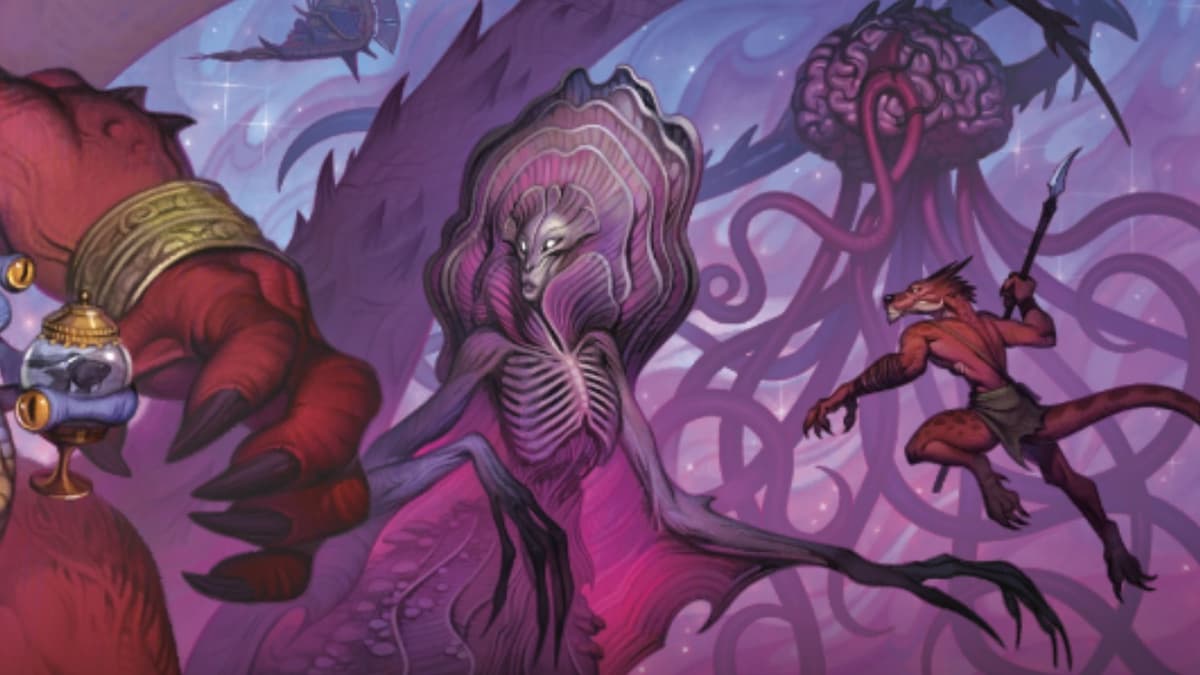
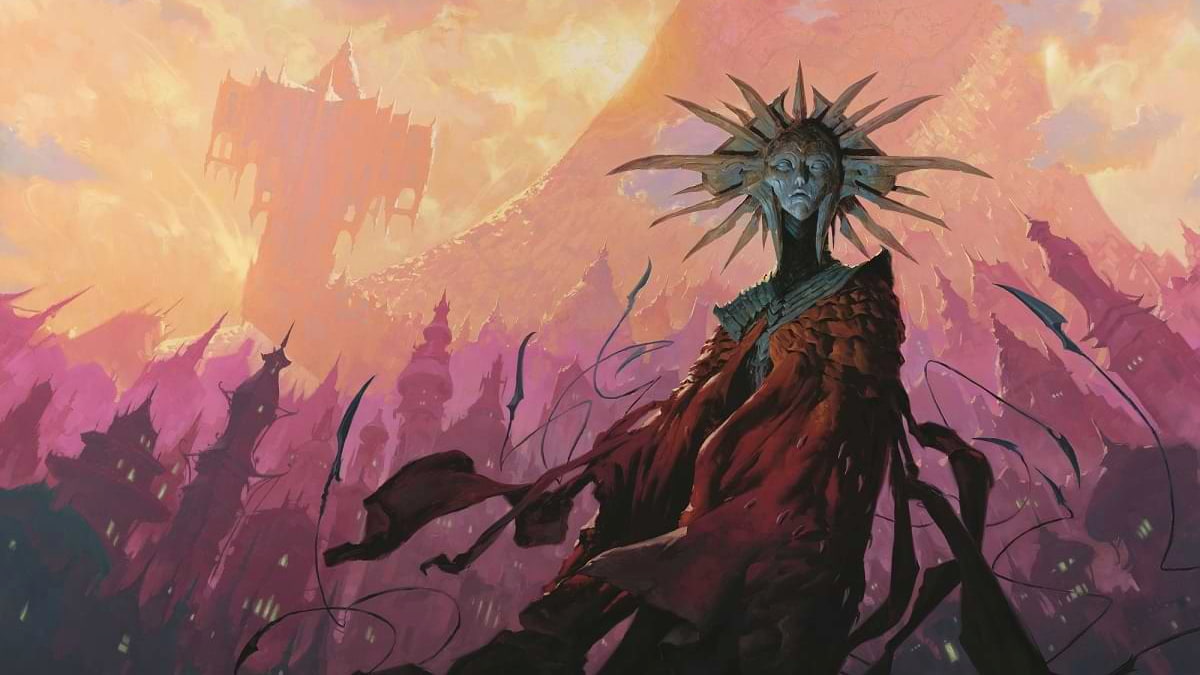
Published: Dec 16, 2020 12:38 pm